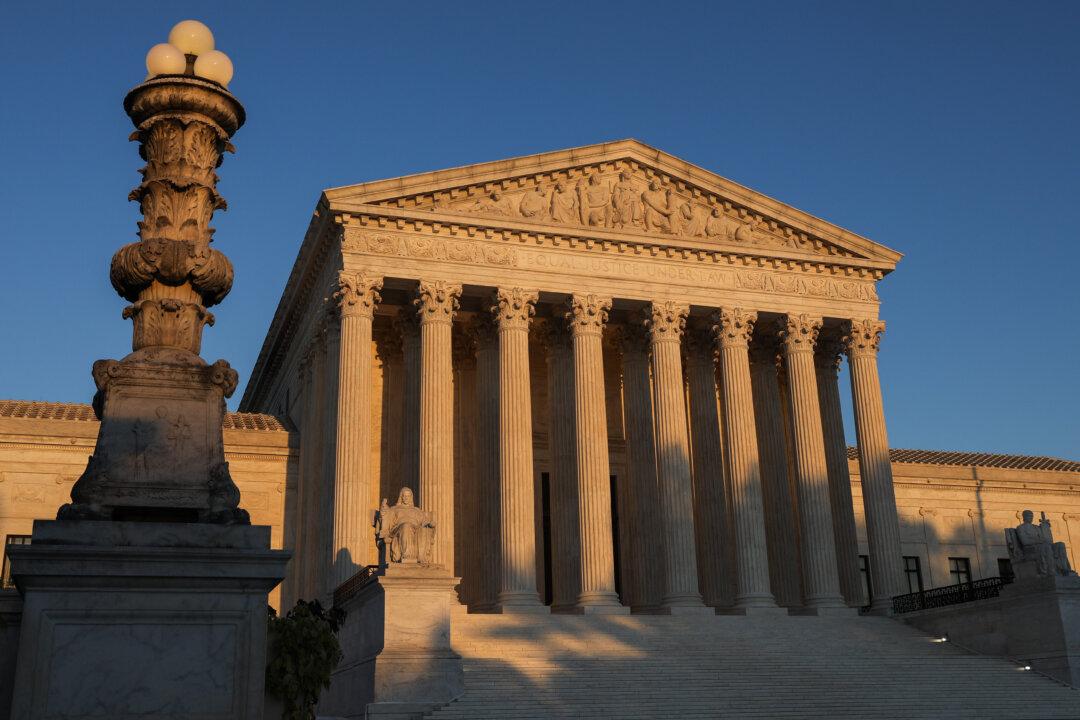The U.S. Supreme Court on Tuesday rejected a request for injunctive relief filed by Pennsylvania lawmakers and candidates contesting the election results in the commonwealth.
In the order (pdf), the nation’s top court denied the emergency application for injunctive relief that asks the court to block the state from taking further steps to certify the 2020 election results. The justices did not provide any comments and there were no noted dissents.





